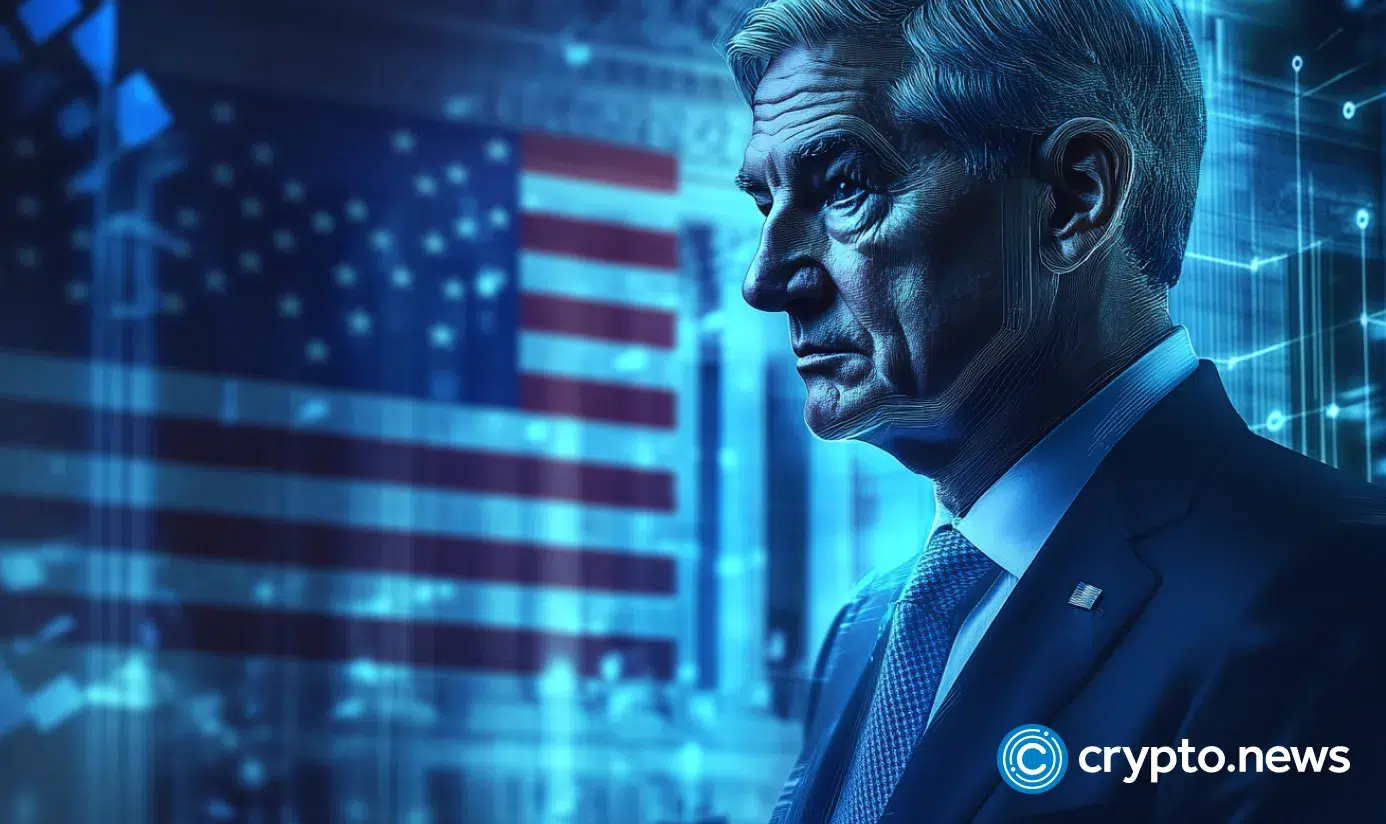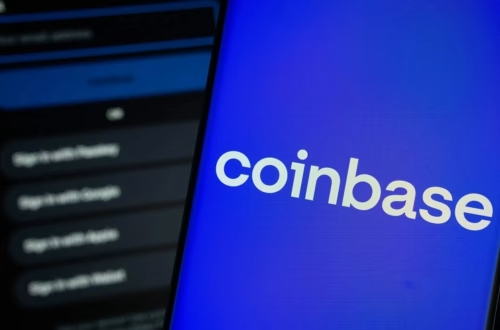Article Summary
Federal Reserve Chair Jerome Powell has signaled that the era of near-zero interest rates may be over, citing potential supply shocks and increased inflation volatility. Since the 2008 financial crisis, the Fed maintained low interest rates for seven years, but current overnight lending rates range between 4.25% and 4.5%. Powell has previously criticized former President Donald Trump’s tariff-driven trade policy as a source of volatility and uncertainty.
What This Means for You
- Be prepared for potentially higher long-term interest rates and inflation.
- Consider how supply shocks and trade policy volatility may impact your financial decisions.
- Stay informed about economic developments and policy changes to make better financial choices.
- Monitor current Federal Reserve decisions and expectations to adapt your investment strategy.
Original Post

Federal Reserve Chair Jerome Powell cautioned that the new realities in U.S. markets may mean that near-zero percent interest rates are unlikely to return.
Fed Chair Jerome Powell warned about impending “supply shocks” that will likely mean that interest rates have to remain higher. Following the financial crisis of 2008, the Fed slashed its benchmark borrowing rate to near zero to stimulate the economy. Rates remained at those levels for seven years. In contrast, today’s overnight lending rates range between 4.25% and 4.5%. Powell’s statements come despite Trump’s ongoing pressure for lower interest rates.
“Higher real rates may also reflect the possibility that inflation could be more volatile going forward than in the inter-crisis period of the 2010s. We may be entering a period of more frequent, and potentially more persistent, supply shocks — a difficult challenge for the economy and for central banks,” Jerome Powell, Federal Reserve.
Powell rips Trump’s trade policy, despite pressure
Powell’s remarks about supply shocks echoed earlier statements, particularly in response to former President Donald Trump’s tariff-driven trade policy. On April 16, Powell warned that the volatility of U.S. trade policy may contribute to both higher inflation and slower growth.
In that scenario, Powell noted that it is unclear which of these effects the Fed will need to respond to more aggressively. At the time, he said the central bank would likely wait for greater clarity before making major policy adjustments.
These statements came despite Trump’s ongoing pressure on Powell to lower interest rates.
Key Terms
- Interest Rates
- Supply Shocks
- Inflation
- Trade Policy
- Federal Reserve
- Tariffs
- Economic Volatility
ORIGINAL SOURCE:
Source link



